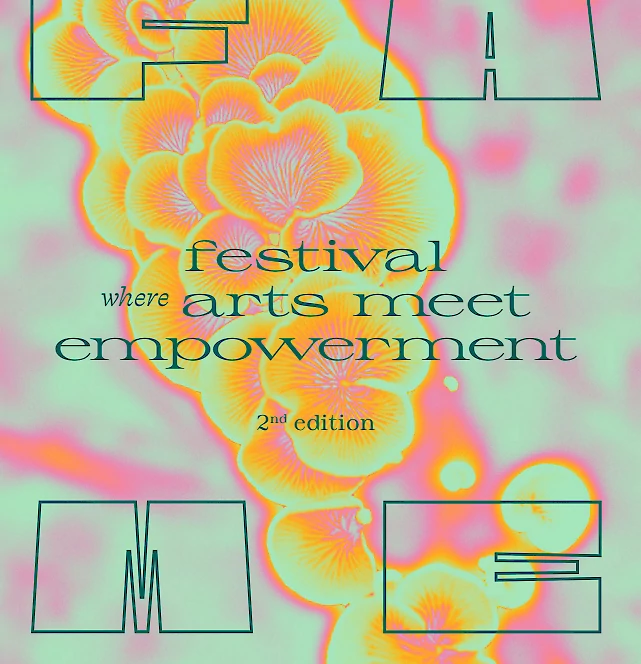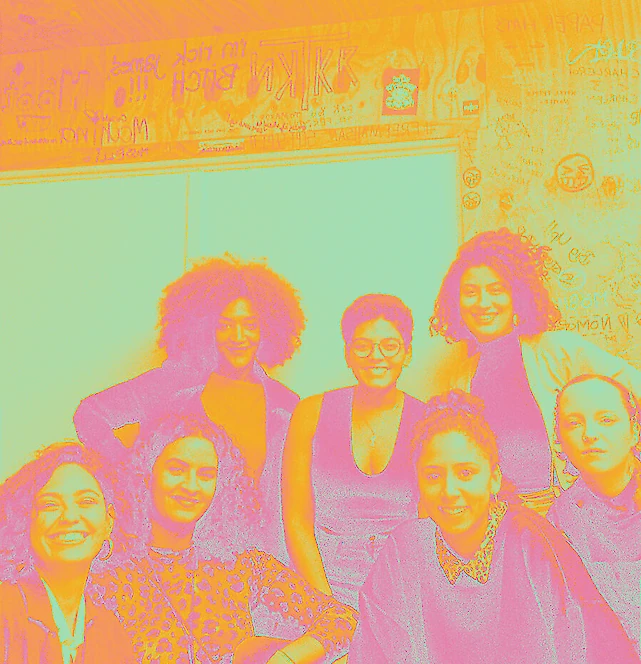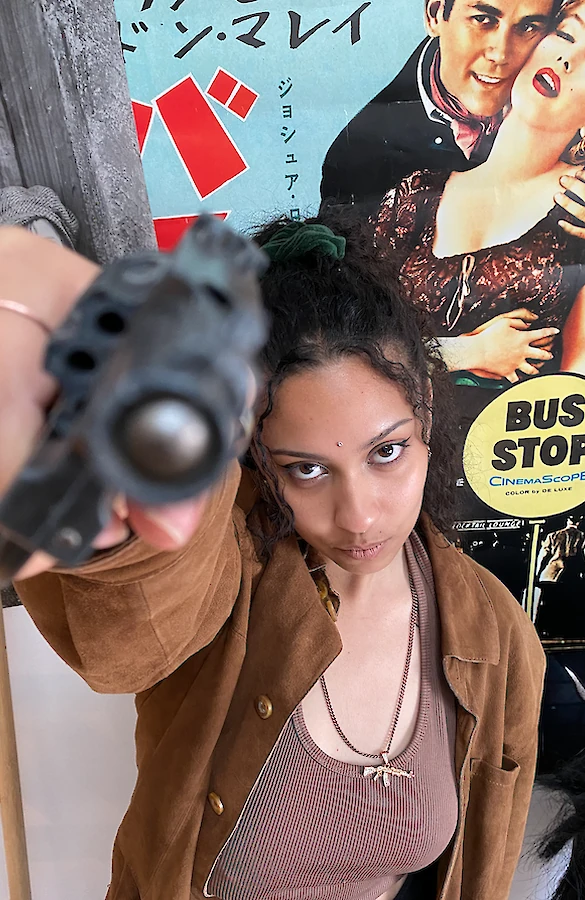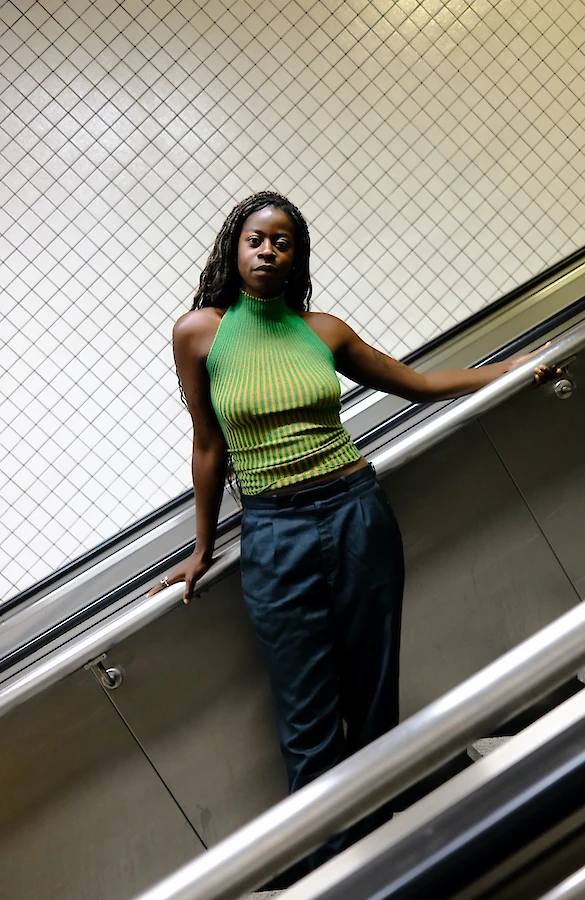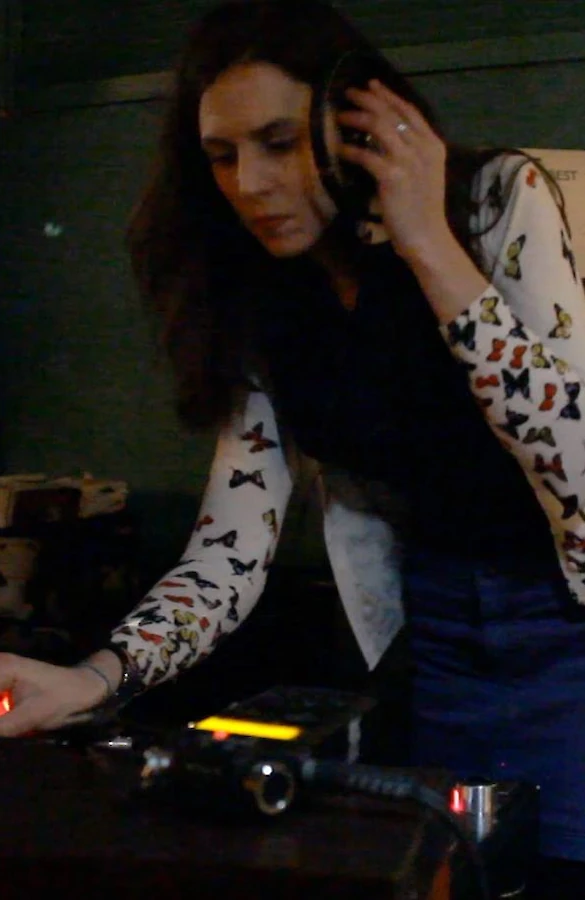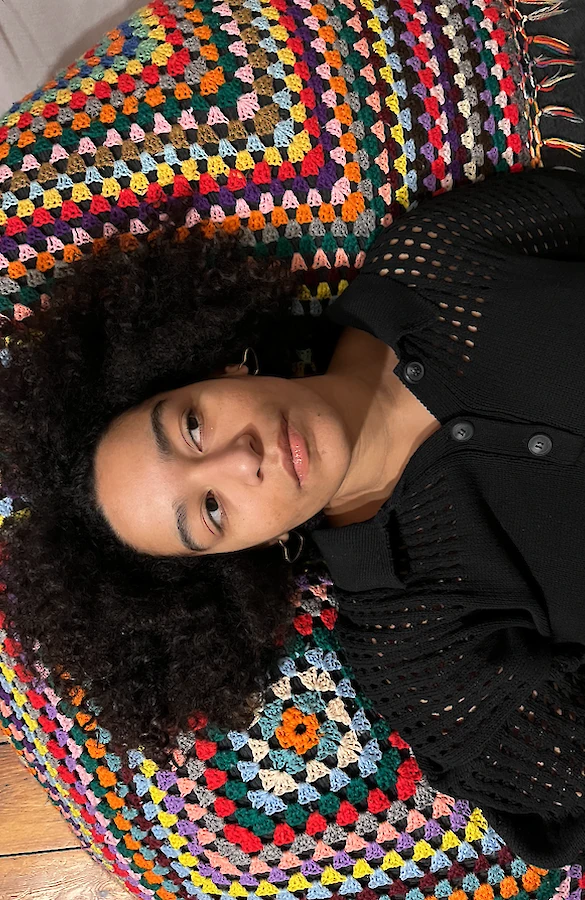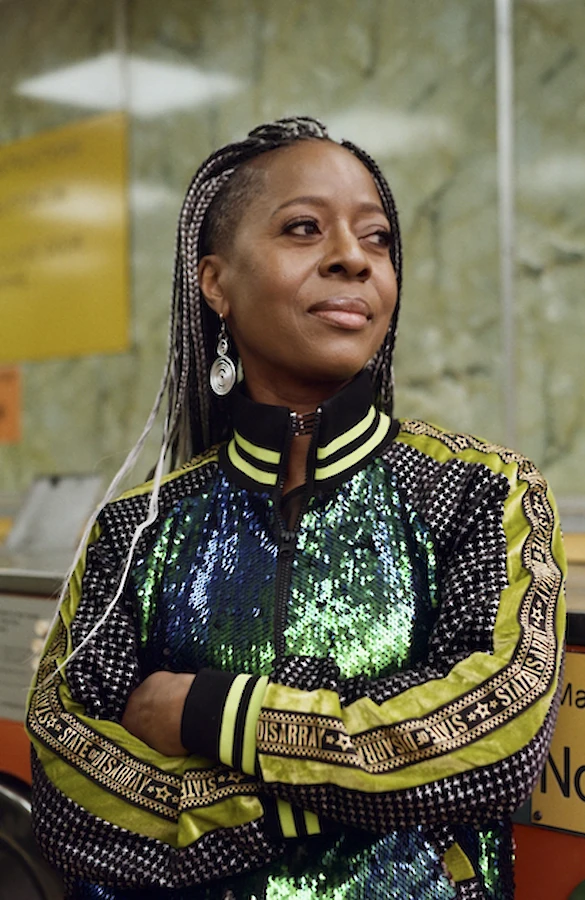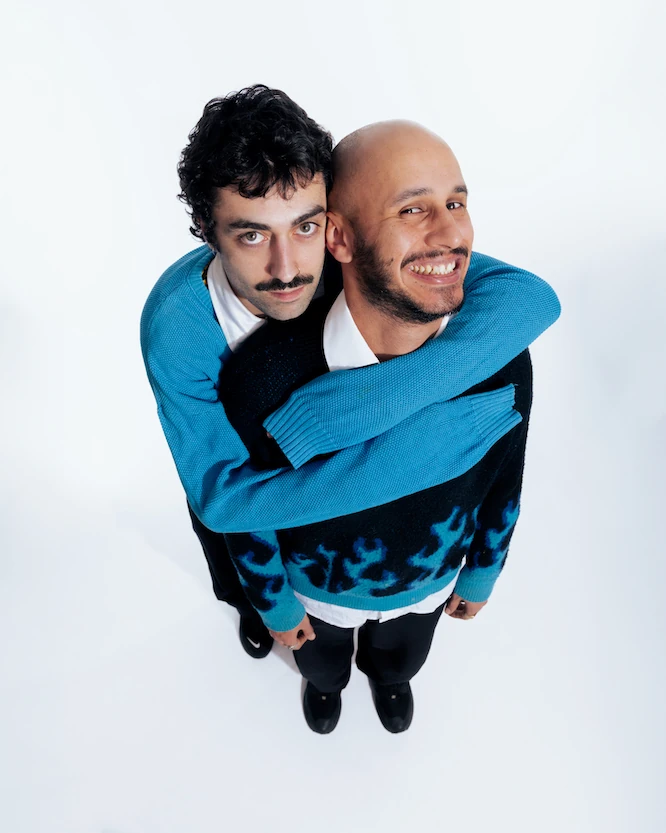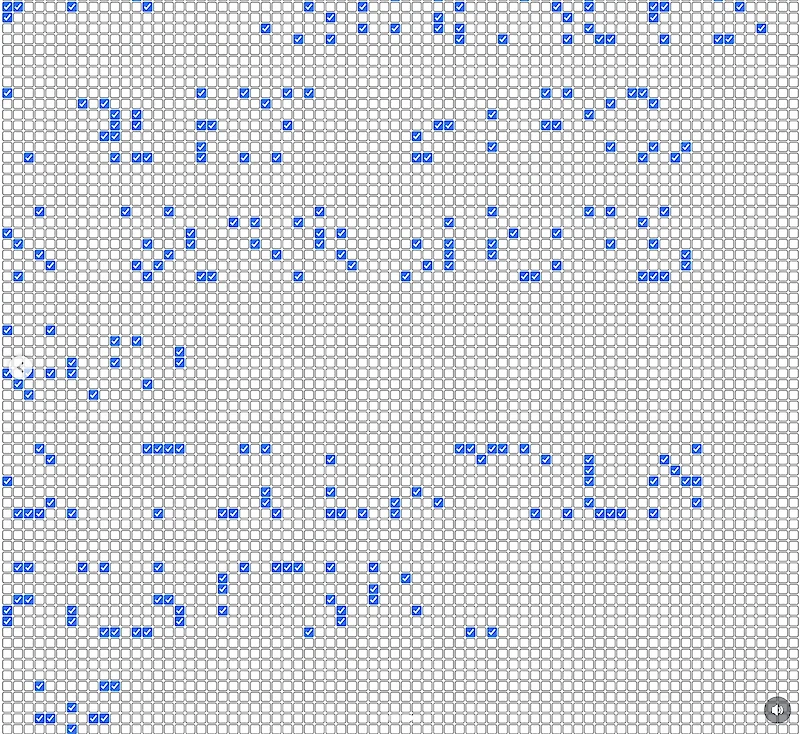Fame festival
FAME laat kunst en empowerment overlappen tijdens twee open gesprekken in het Beurscafé over taal, identiteit en (on)macht.
check out the full programme on famefestival.be
16:00
Hate speech: how language constructs identity and fuels oppression
An open discussion on the Arabic language and its relation to how society views and interacts with queerness - both in the form of hate speech and in the form of affirming inclusivity.
Language as a double-edged sword is the conference on hate speech, language and identity. It aims to discuss this nuanced subject and bring to light the complications that stem from using language as an ideological tool.
Arabic, perhaps more than many languages, is a clear example of how language can easily become a way to oppress and ostracize sexual and gender diverse minorities. Many queer activists working in the MENA region were able to recognize this :
- Hate speech online and in real life is prevalent
- Terms to describe queerness (often in a derogatory manner) are constantly being created to fit with the rapid visibility queer people are gaining in the region
The conference aims to combat hate speech by naming the many attempts that were made around the region as well as to create a more inclusive and affirming queer terminology.
More precisely, we will share on the history of queerness in the Arabic language ; question the perpetuation of hate speech and queerphobia in the modern Arabic vocabulary (especially in North African dialects and standard Arabic) ; and pay attention on the attempts made by queer people in the region to reflect on and deconstruct that.
in English & Arabic
content advision: discriminating language, mentions of violence
Meriem is an Algerian activist based in Brussels. Involved in feminist and LGBTQI+ movement in Algeria since 2017, with a focus on translating and documenting the violations against LGBTQI+ people in Algeria. Meriem has worked with many regional and international NGOs throughout the years, and she believes in the role language has both in the liberation of queer identities and the oppression forced upon them.
Special thanks to Helem Lebanon (the organization in charge of creating the Arabic Hate Speech Lexicon).
18:00
Palabre: Social Identities, Power, and Language: a comparative perspective
A discussion about power dynamics – marginalisation and privilege.
Curated by Ichraf Nasri for Xeno-
This discussion sheds light on the complex interaction between social identities and power dynamics. According to the context, individuals can find themselves occupying positions of power whilst still being marginalised or dominated. We examine the role of language in the elaboration of discriminatory practices and policies in the Maghreb, particularly in Tunisia. We will then expand the discussion to the European context to compare such practices.
in French
Poet, performer, researcher, and member of Xeno-, Selim-a Atallah Chettaoui grew up in Tunisia. No stranger to intersectionality, their work explores intermediality and interlanguages as part of the [Cargo] collective and on their thesis on Literary Research and Creation at the University of Cergy. After several magazine publications (Point de Chute, Contre5ens, Manhattan Magazine, etc.) and the creation of a digital autofiction (binnelbinin.art/), their first poetry collection, Des odeurs de bretzels de barbecue et de weed (The scent of pretzels, barbecue, and weed) has been published at 10 pages au carré editions in November 2022. A performance artist, they perform at both art and literature venues (Le Générateur, beursschouwburg, Centre Wallonie-Bruxelles…) as well as at open-mic and electro nights. Their first academic article will appear in the proceedings of the poete.s.s.e.s conference, published by Rennes University Press.
Yasmine Wardi Akrimi, is a doctoral student at the Faculty of Political and Social Sciences at Ghent University, and a policy analyst at the Brussels International Centre. The focus of their doctoral research is racial and gender minorities, namely black Tunisian women. It aims to explore how their subalternate status makes it possible to analyse belonging, otherness, whiteness, and modernity in post-colonial Tunisia, as well as more generally in the Maghreb. She is also working on the phenomenon of the discrimination of sub-Saharan African migrants in Tunisia.
